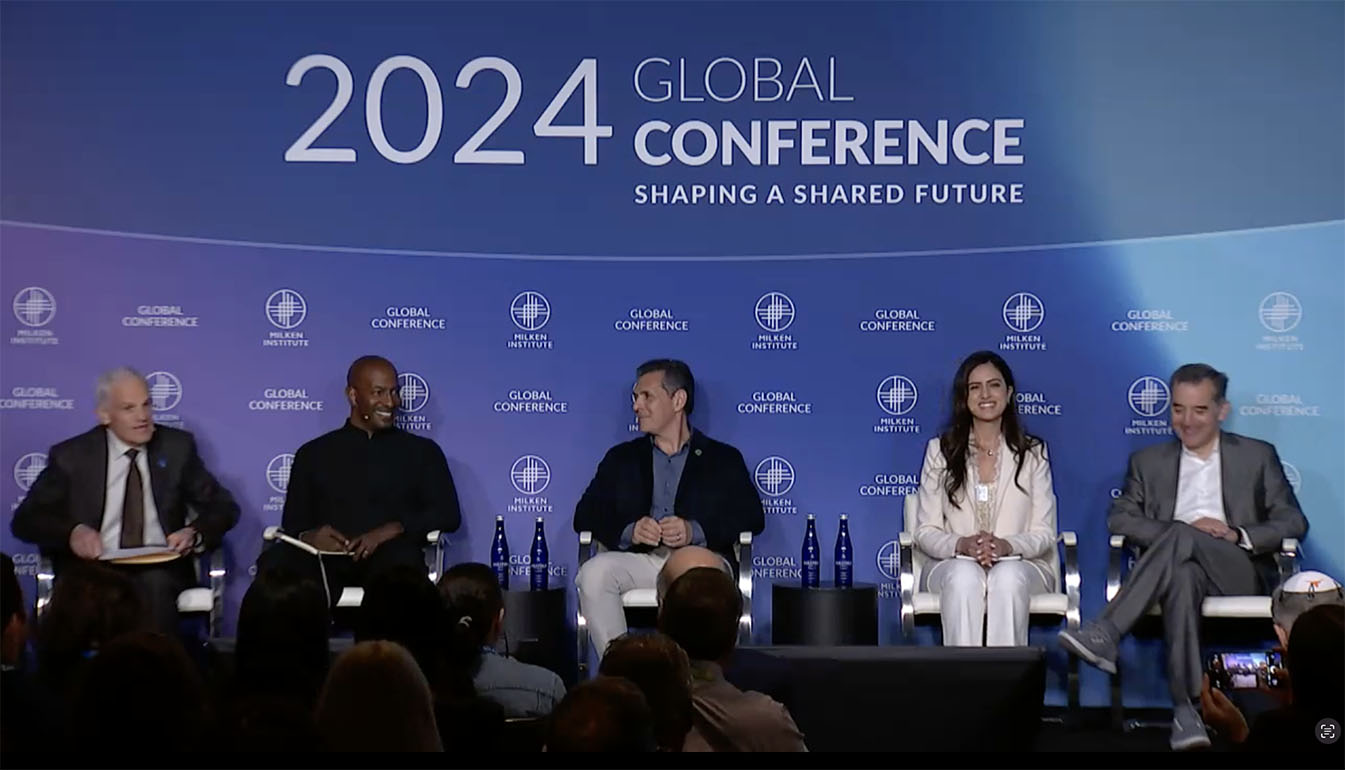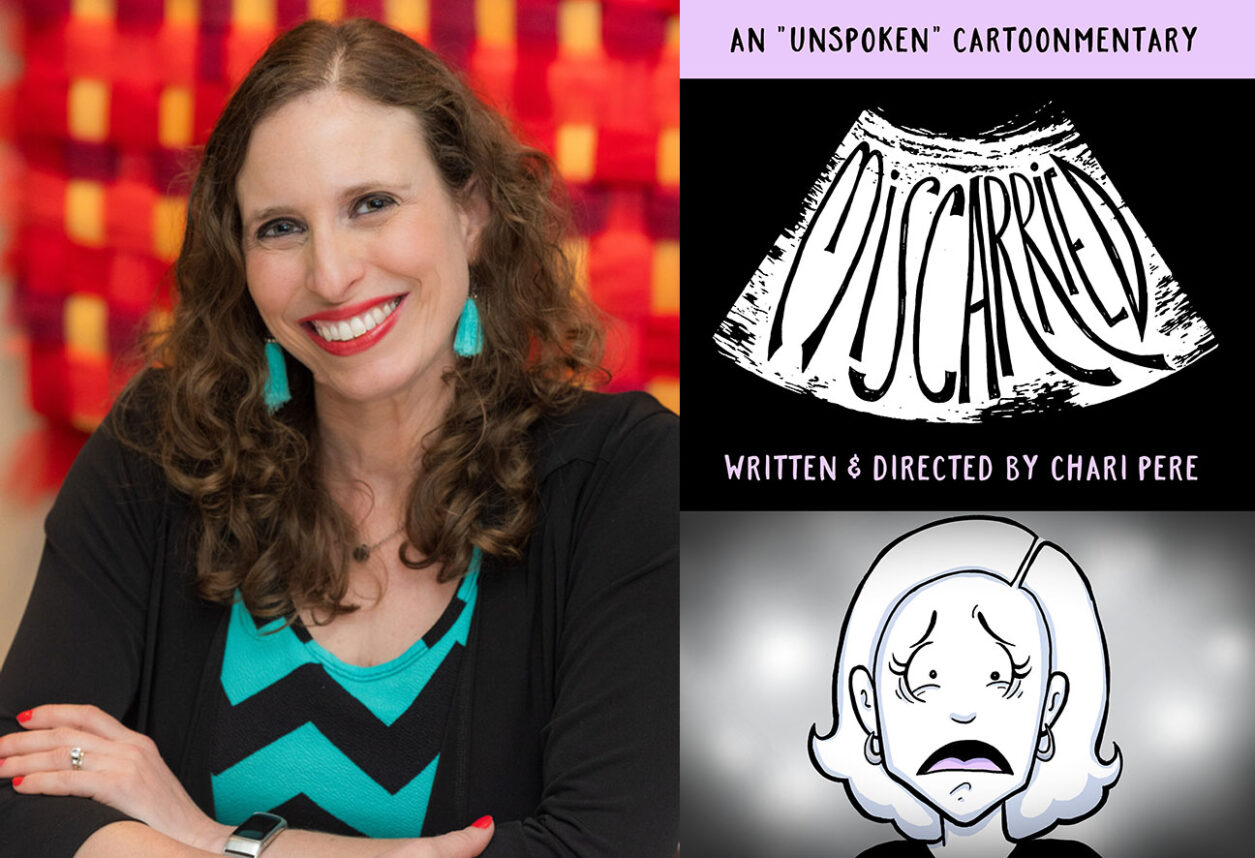Ariel Sharon was hated in the Arab world as a man and a symbol. He was very much universally stained by the massacres at Sabra and Shatila refugee camps, and as such was an unorthodox, audacious selection for Prime Minister. Ynet reported Sunday that Hip Hop mega-producer Russell Simmons apologized for his Twitter eulogy for Sharon: “Confused Ariel Sharon with my long time friend Shimon Peres … Sadly Sharon promoted war, not peace”.
The shared perspective expressed by Simmons is countered by Sharon’s last project. The disengagement was a dramatic undertaking from any perspective, an effort that had dominated the Israeli discourse for months, committed resources and required complex execution. The political implications were enormous: Sharon’s commitment to his personal growth and new understandings that was materialized in the disengagement, led him to orchestrate a political big-bang and introduce, for the first time, a third ruling party in Israel, “Kadima”, after splitting and triumphing over his political home, the Likkud party (which he had created as well, in 1973).
Above all, the deep ideological shift reflected in the disengagement couldn’t have been more symbolic: Ariel Sharon has been for decades the father of the settlements, the master-builder, the engine of Judea and Samaria, the bulldozer of Gaza. Literally put, the man dismantled the bricks he himself had put together, and he did that with the same signature of decisiveness.
Let’s reflect on this dramatic symbolism for a moment. Sharon was badly wounded in 1948 during a war in which the nascent Israeli side was expected to experience horrible elimination. He survived to be at the center of the country’s astounding rise from an underdog to a self-confident, strong power-house. From this firm perspective, Sharon had reached his conclusions and launched the disengagement. An epic story all around.
1978: When Prime Minister Menachem Begin called Sharon from Camp David to break the news that an Israel-Egypt peace treaty will require withdrawal from the entire Sinai, Sharon is reported to have not hesitated with his support for the agreement. For the Israeli settlers in the Sinai, Sharon was everything he was for the settlers of Gaza.
Begin himself went through a similar story – from the leader of a violent underground in the 40’s to the Prime Minister who withdrew from the entire Sinai for peace with Egypt – and so did other Israeli leaders. The story of Sharon shows more than anything else that Zionism has not become powerful for the sake of power, but because of necessity. It did not become an occupier for the sake of control; The Zionists, in fact, lobbied hard for the approval of the partition plan in 1947, while the Arab side lobbied against the compromise, the original 2-state solution. Zionism became an occupier because of the tragic circumstances of the conflict, because of necessity.
The disengagement is frequently minimized – by those who see freedom for Gaza as the freedom to launch attacks at Israel uninterrupted – and by more reasonable people as well. The fact of the matter is that the disengagement qualifies as a historic effort for peace: It was a momentous event where radical means were taken to make a moral correction with historic resonance, and create a better reality, where major points of friction and contention are neutralized. It wasn’t a part of a peace process; It was a unilateral act taken at the absence of a process, the only alternative to which was inaction.
The phrase “Peace of the brave”, coined during the Oslo process, has rarely been manifested by action – the disengagement is an exception. Both the act and its consequences are telling as to the system of intentions in the region.
Simmons’ observation, I'm afraid, is single-dimensional.
And the curses for a thousand deaths for “the killer of Muslims, Ariel Sharon”, made by
Did you enjoy this article?
You'll love our roundtable.
Editor's Picks



What Ever Happened to the LA Times?

Who Are the Jews On Joe Biden’s Cabinet?


No Labels: The Group Fighting for the Political Center
Latest Articles


Race to Erase MS Gala 2024: Where Glamour Meets Giving Back!


Artist Chari Pere Creates Cartoonmentary on Miscarriage











 More news and opinions than at a Shabbat dinner, right in your inbox.
More news and opinions than at a Shabbat dinner, right in your inbox.